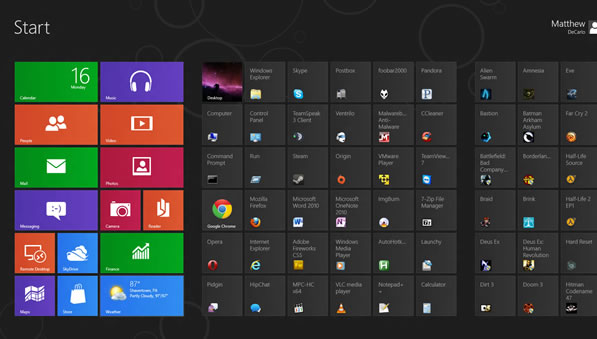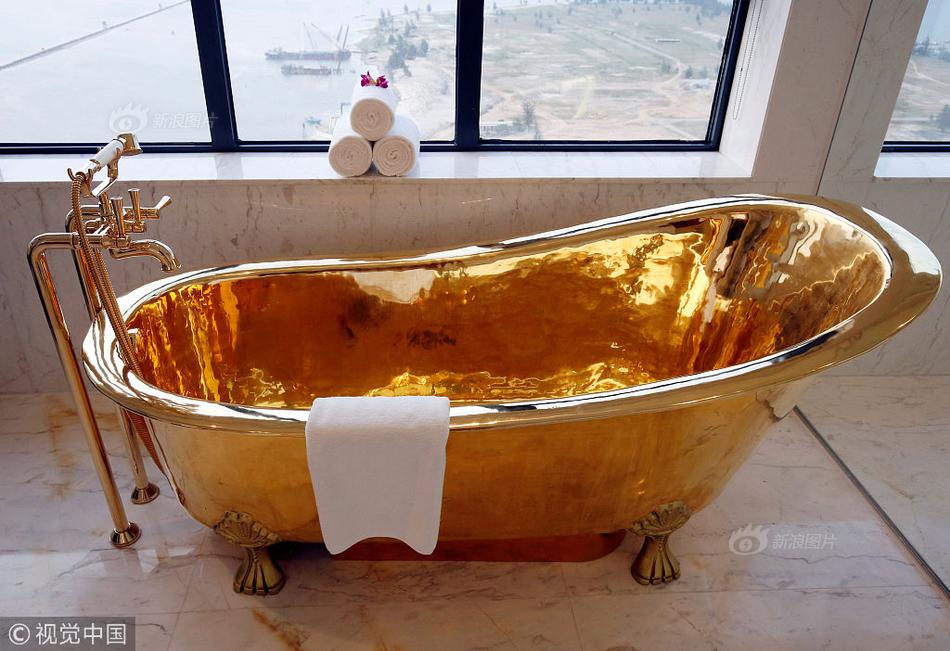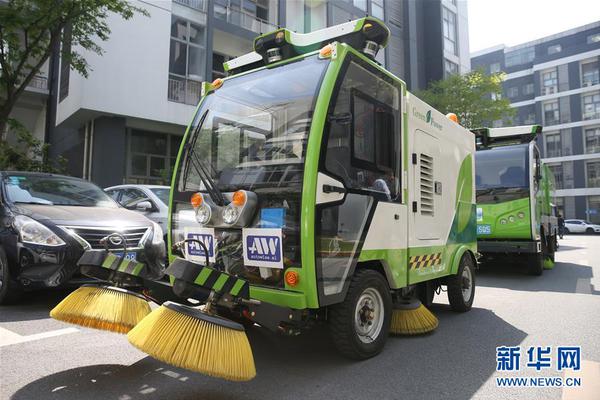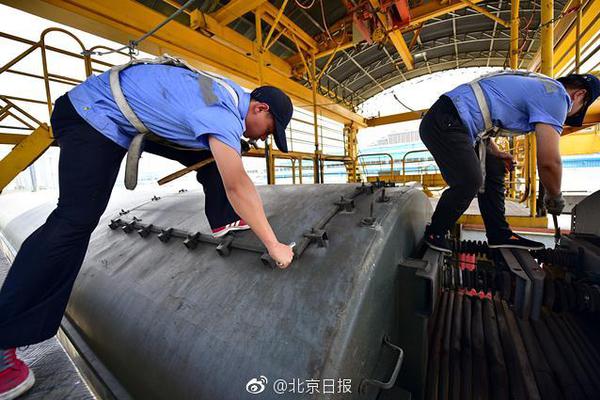Editorial Although every product deserves healthy criticism,??? ?? many opinions of Windows 8 seem to be based on misconceptions, especially when it comes to the viability of Metro as a Start menu replacement.
For the record, I don't care if you skip the update – hell, I might pass on it too – nor do I care if it's the most failtastic operating system in Windows' 26-year history. While certain anonymous posters might try to convince you otherwise, I have nothing to gain or lose from the launch of Windows 8.
However, I believe your opinion should be formed by facts, not irrational rhetoric parroted online by so-called power users and companies that want to sell you third-party programs. I can say without a doubt that many people who oppose the Start menu's removal haven't even used Windows 8, yet they don't hesitate to inform you about Metro's inadequacies by listing all the features it's supposedly missing. The truth is, functionally speaking, Metro is basically identical to the Start menu.
The Start menu serves as a means of quick navigation. With one mouse click or keystroke you can access a list of your most-used and pinned applications, common Windows destinations, as well as the ability to instantly search for other programs and files. All of the above remains true for Metro. By clicking the same spot or tapping the same key, you'll find a list of your most-used and pinned applications, common Windows destinations and the ability to perform a system-wide search.

The difference being Metro's fullscreen, tiled presentation, which is admittedly a little jarring until you get used to it. Aesthetics aside (I think it's ugly too), detractors insist Metro hinders multitasking because it blocks vision of the desktop – a sound argument until it's confronted with reality. Again, we're speaking about Metro strictly as a Start menu successor and I don't know about you, but when I use the Start menu, it's a three-second affair: I open the menu and I click a program.
Metro is no different. Assuming it's used to launch programs, I don't see what you could possibly be doing in Metro for so long that it feels like an interruption. Likewise, I don't understand what you could be doing in the desktop mode that's so important it can't be covered for a few seconds. If your workload is that urgent, maybe it deserves a dedicated display so it's always visible. What's more, the very act of opening a new application suggests you're inviting a distraction or shifting tasks anyway.

In fact, one could argue that Metro improves multitasking and reduces interruptions. Live tiles show dynamically updated data, with early examples including weather, finance, and calendar apps. It also seems reasonable to expect popular utilities such as those that monitor hardware utilization and network traffic to be available. Metro can update you on a chunk of info at a glance while housing truly distracting things you might not want to see constantly refreshing in a desktop gadget or system tray icon.
Even if you don't use live tiles, the fact that Metro is fullscreen should also help, not hinder multitasking because it ought to be quicker and easier to find whatever you're looking for. The Start menu shows 10 applications by default with support for up to 30 and if your desired program isn't offered immediately, you have to dig deeper into the All Programs list. This is less likely to occur in Metro as it can hold over 100 tiles (I didn't bother counting further) with about 84 visible at once on my 1080p monitor.

It's also worth noting that you can run Windows 8 without ever opening Metro – I haven't used it once outside testing. I also rarely used the Start menu. Both are inferior to third-party apps like Launchy. It's interesting to me that "power users" should be the most capable of adapting to life without the Start menu, yet they're taking the news harder than everyone else. Windows has never been, and likely never will be perfect out of the box. Windows 8 is no different: you'll have to tweak things to your liking.
While I'm tired of the senseless bashing, Microsoft isn't without fault. Being the biggest change in Windows 8 and part of its forward-looking strategy, the company has placed most of its marketing effort behind Metro and its mobile-oriented features, to the point where many people seem to think Metro isWindows 8. That simply isn't true. If you avoid Metro – which, again, is very easy – Windows 8 is essentially a refined version of Windows 7, in the same way 7 was a refined version of Vista.
For better or worse, Windows is on a majority of the world's PCs and that will include an increasing number of tablets in the coming years. Microsoft and its partners are pitching productivity-oriented slates, so it's logical to strive for a unified platform that lets mobile users tap into the full power of Windows. Metro is clearly a work in progress, but it's a substantial improvement over Windows 7's touch controls while being a sufficient application launcher for all but the squirreliest of desktop users.














